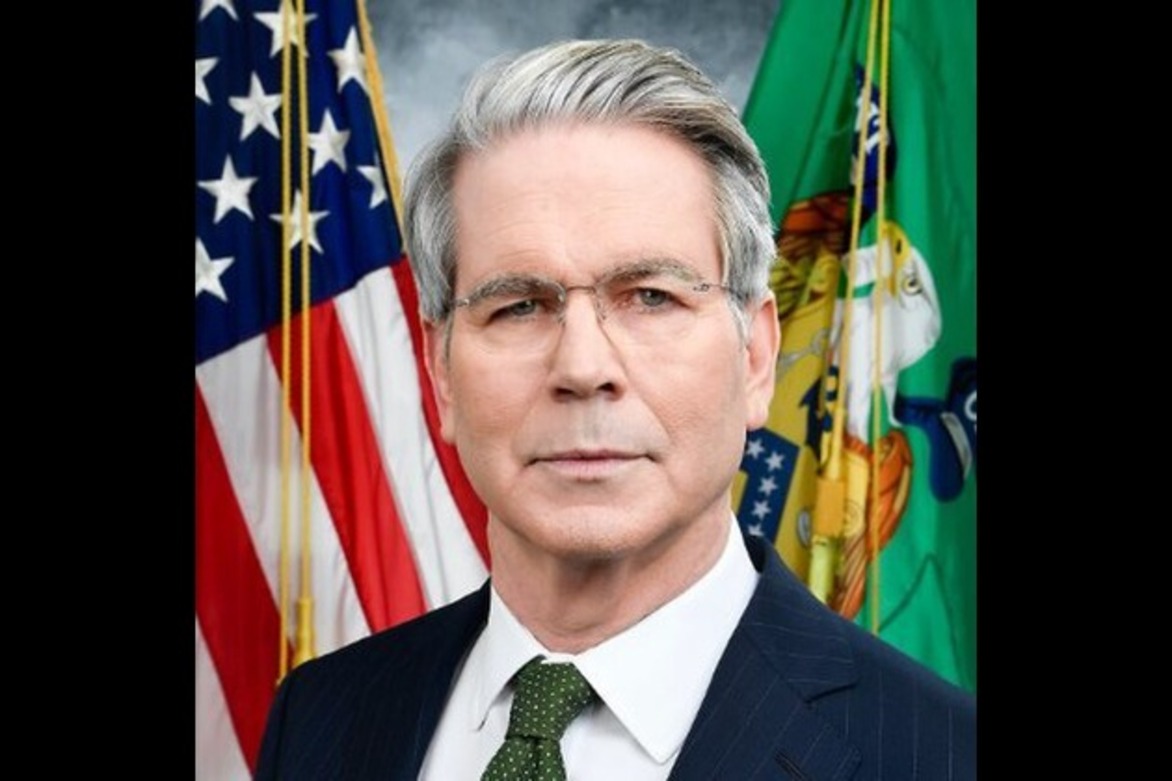Seoul’s trade hopes dim after delay in key US tariff meeting
Anabelle Colaco
26 Jul 2025

SEOUL, South Korea: With just days left before a 25 percent tariff deadline, South Korea's push to strike a trade deal with the United States has hit a snag. A high-stakes meeting aimed at averting the duties was suddenly postponed due to scheduling issues on the U.S. side, Seoul's finance ministry said on July 24.
The delay, caused by a conflict in U.S. Treasury Secretary Scott Bessent's calendar, forced South Korean Finance Minister Koo-Cheol to cancel his flight to Washington just an hour before departure. Talks between Bessent, Koo, and their top trade envoys—dubbed the "2+2" meeting—will be rescheduled, but no new date has been announced.
The unexpected shift has cast uncertainty over Seoul's ability to secure a last-minute reprieve from the tariffs, which could significantly impact key South Korean exports if they take effect on August 1.
"It might be difficult to reschedule 2+2 again before August 1, so the best we can do is for the trade chief Yeo to request an extension of the tariff exemption," said Heo Yoon, a professor of international trade at Sogang University.
Markets reacted to the delay. South Korea's KOSPI index pared early gains, closing up just 0.7 percent as shares of automakers and parts suppliers declined. Hyundai Motor fell as much as 1.8 percent.
Washington has not offered further details for the postponement, but U.S. officials are juggling parallel negotiations with China in Sweden and the European Union back home—as they race to finalize multiple trade deals ahead of August.
Despite the setback, South Korea's Minister for Trade Yeo Han-koo and Industry Minister Kim Jung-kwan remain in Washington, continuing lower-level discussions with U.S. officials, including a meeting with U.S. Trade Representative Jamieson Greer.
The delay comes just days after Japan struck its own deal with the U.S., committing to increased market access for American agricultural and auto products and a US$550 billion investment and loan package. That agreement has raised the pressure on Seoul to deliver something similar.
Analysts say the involvement of multiple high-ranking South Korean officials in Washington suggests the two sides were nearing the contours of a broad trade package, potentially covering sectors from autos to agriculture.
South Korean access to the U.S. market is seen as essential for deepening industrial ties between the two countries, especially in advanced manufacturing.
Yonhap News Agency reported that Seoul is preparing a proposal for a $100 billion U.S.-focused investment plan involving major conglomerates such as Samsung and Hyundai. President Lee Jae Myung recently met with Hyundai's Executive Chair Euisun Chung and LG Group Chairman Koo Kwang-mo to discuss their American ventures, and meet Samsung Chairman Jay Y. Lee on, according to local media.
Meanwhile, Seoul is also weighing participation in a proposed $44 billion natural gas pipeline in Alaska, an infrastructure project championed by President Trump.
Finance ministry officials declined to comment on reports that Washington is pressing South Korea to establish a large investment fund as part of the deal.
